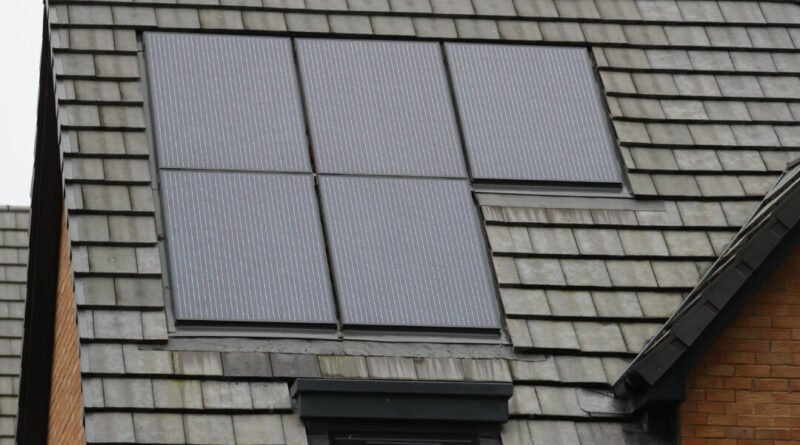Energy Performance Certificates are ‘Inaccurate’ and Urgently Require Reform, According to Which?
An EPC, which contains information about a property’s energy use and typical energy costs, is required when a property is being built, sold, or rented.
A rating scheme that determines the energy efficiency of buildings in the UK is in desperate need of reform, amid concerns of its reliability, consumer champion Which? has found.
First introduced in 2007, the EPCs give energy efficiency ratings to properties, ranging from A(very efficient) to G (inefficient). They are required for anyone looking to sell, rent or build a property.
The process involves an accredited assessor, who examines the building, including floor insulation, boilers and heating controls. A software programme then uses the data to calculate the energy efficiency of the property and gives recommendations on how make improvements and save money.
Research by Which? has found that current certificates are “often inaccurate” and only suggest “costly improvements with long pay back periods.”
Which? has reviewed the accuracy of EPCs booked for 12 of its members in England, Wales and Scotland, who own different types of properties.
The surveyed homeowners reported inaccuracies in their EPCs, featuring incorrect descriptions of windows, roofs and heating systems. Several respondents said that the suggested recommendations were unaffordable.
In the case of Peter and Carol Vermeulen, who own a D-rated property in Aberdeenshire, an EPC assessment failed to mention their solar PV and solar thermal panels. After the accessor was notified of the inaccuracies, they issued a new EPC, with an improved B rating.
“A better EPC can make a big difference for owners, as it allows them to command a higher price if they choose to sell and may make the home more attractive to tenants,” Which? said.
Another homeowner told Which? that the EPC recommendations were “extremely expensive” in her case. Megan Dobney, who owns a two-bedroom Victorian terraced house in London, said that if she implemented all the recommended changes, they would be massively disruptive and only generate small savings each year.
Reform
The UK’s Net Zero Strategy includes phasing fossil fuel boilers by 2025, and oil and gas boilers in existing buildings by 2035. It also covers policies for decarbonising all sectors of the UK economy to meet the net zero target by 2050.
In the light of the UK’s bid to decarbonise homes, Which? has called on the next government to reform the EPCs, making them a more useful tool for householders.
“This should include reviewing the auditing and training requirements for Domestic Energy Assessors and ensuring EPCs provide relevant information and clear, actionable advice for consumers,” said Rocio Concha, Which? director of policy and advocacy.
Which? has also recommended that EPCs become more interactive, so that consumers can input information to get a bespoke advice.
“EPCs should also include up-to-date costings relevant to the type of property and provide links to any financial support and a database of installers belonging to government-certified schemes,” the consumer champion added.
Under the legislation, the minimum requirement of an EPC C rating would take effect for new tenancies from Dec. 31, 2025. For existing tenancies, the deadline would be Dec. 31, 2028.
Landlords and property owners of buildings with an EPC rating of less than C, would have to foot the refurbishment bill, whether it involves replacing single glazed windows or switching to low energy lighting.
To achieve that, the EPCs must be updated to ensure they remain fit for purpose and in line with UK’s decarbonisation targets, RICS added.






